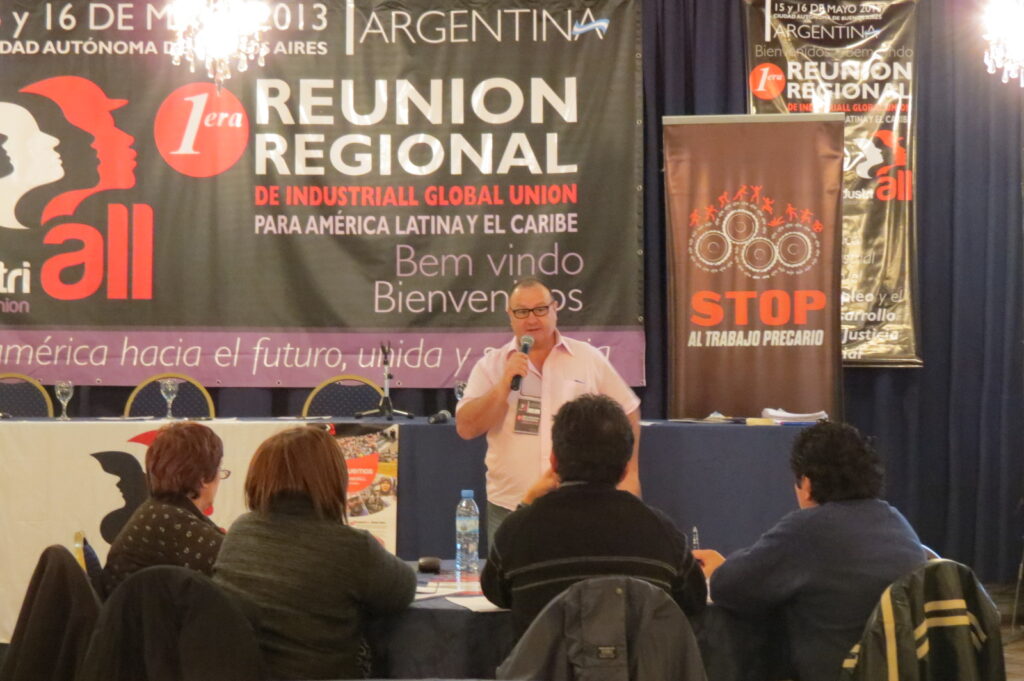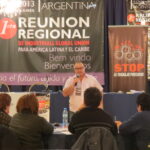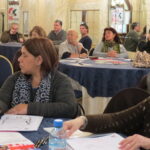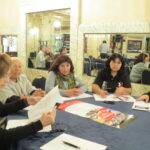Read this article in:
English
23 May, 2013A well-attended workshop for Argentinean affiliates on precarious work was held on 17 May. It examined the situation of workers in various industrial sectors.
Romildo Ranú, general secretary of the textiles union, the Federación Obrera Nacional de la Industria del Vestido (FONIVA) an IndustriALL affiliate made a welcoming speech and Jorge Almeida, IndustriALL regional secretary for Latin America and the Caribbean, made a presentation on the characteristics of precarious work, highlighting the importance of international solidarity and the unfortunate case of Bangladesh.
Participants examined the incidence of precarious work in Argentina and found that workers in the textile industry, especially migrant workers, were suffering the most from this problem.
There are clandestine sweatshops in some homes, where immigrants work, without documentation and benefits, and where inspection is not possible. It is important to have direct contact with these workers in order to let them know about the benefits of getting organized,
explained Silvia Maidana de Foniva.
Precarious work in the mining sector results from the division of the workforce into core and contract workers. Directly employed workers have better labour conditions than contract workers employed on outsourced tasks. Some contract workers have joined a trade union and gained some benefits but these have only been won on a temporary basis.
Women metalworkers said there had been some progress on this issue thanks to the spread of union influence to previously unorganized plants, for example, some agency workers had been given contracts. “Every day, we fight to eradicate precarious work. We have to start in our homes, our organizations”, said Alicia Meza, a UOM member.
Participants agreed to take action to eradicate precarious work, for example, they agreed to promote gender equality and equal pay for equal work, denounce abuses by employers, publicize investigations and reports on countries which had made progress on eradicating precarious work, disseminate information on labour rights and seek tripartite agreements on precarious work.
Finally, participants agreed to create a technical committee, composed of delegates from Argentinean affiliates, to investigate precarious work and promote action to eradicate it.



